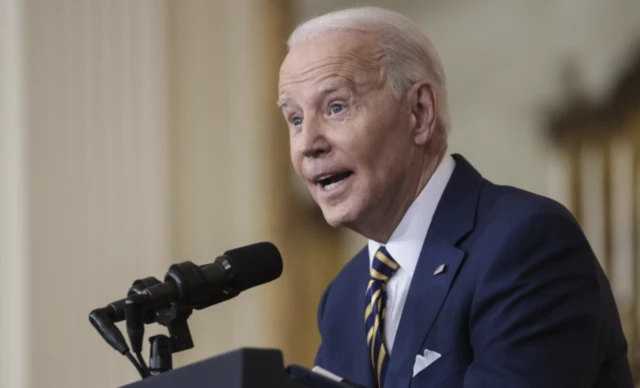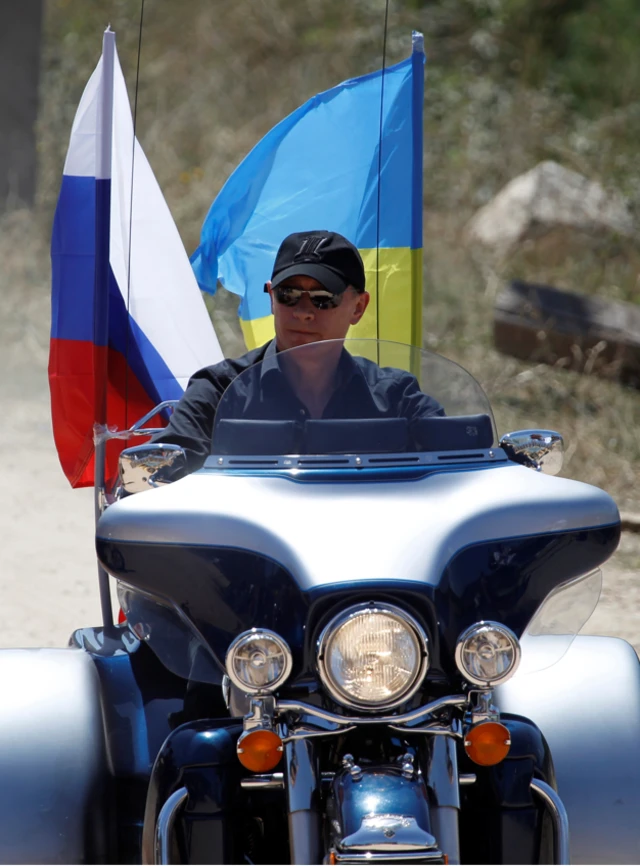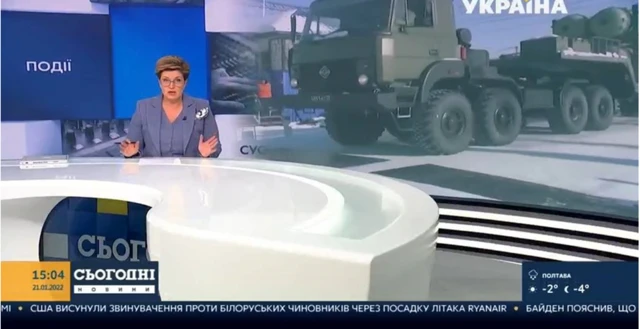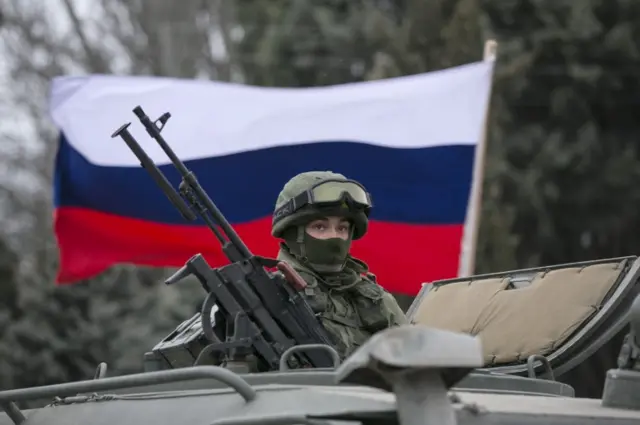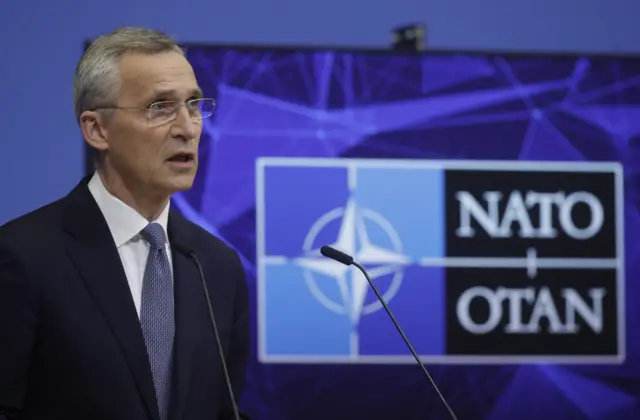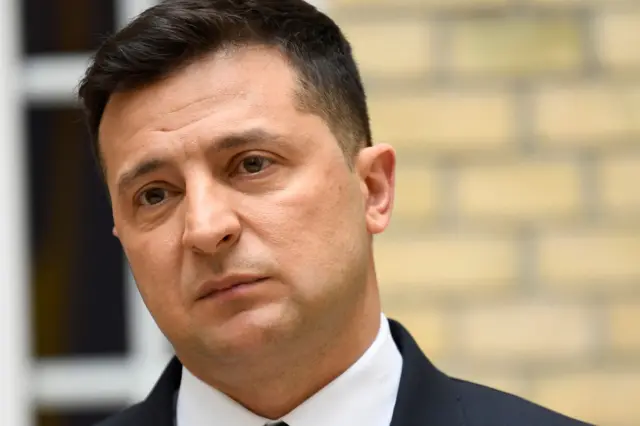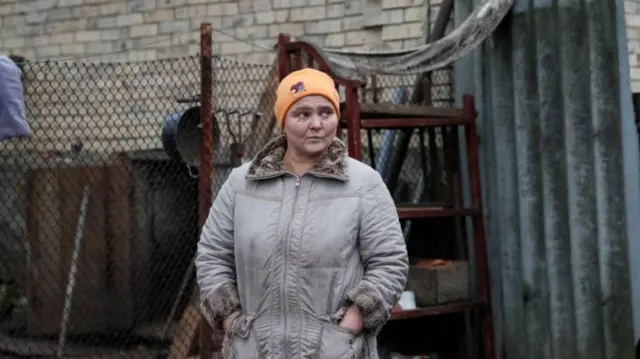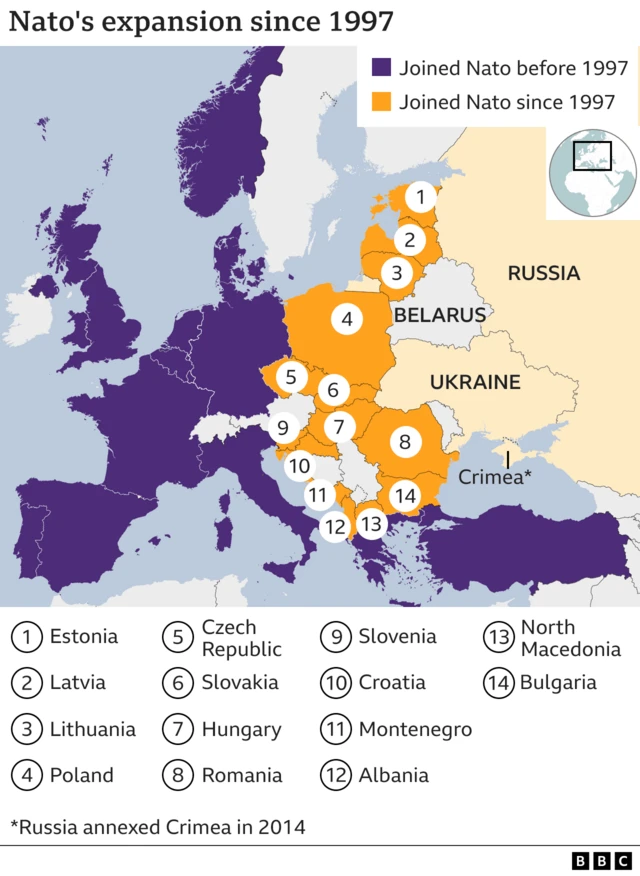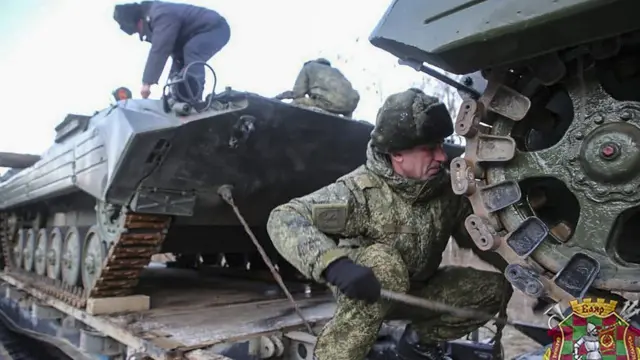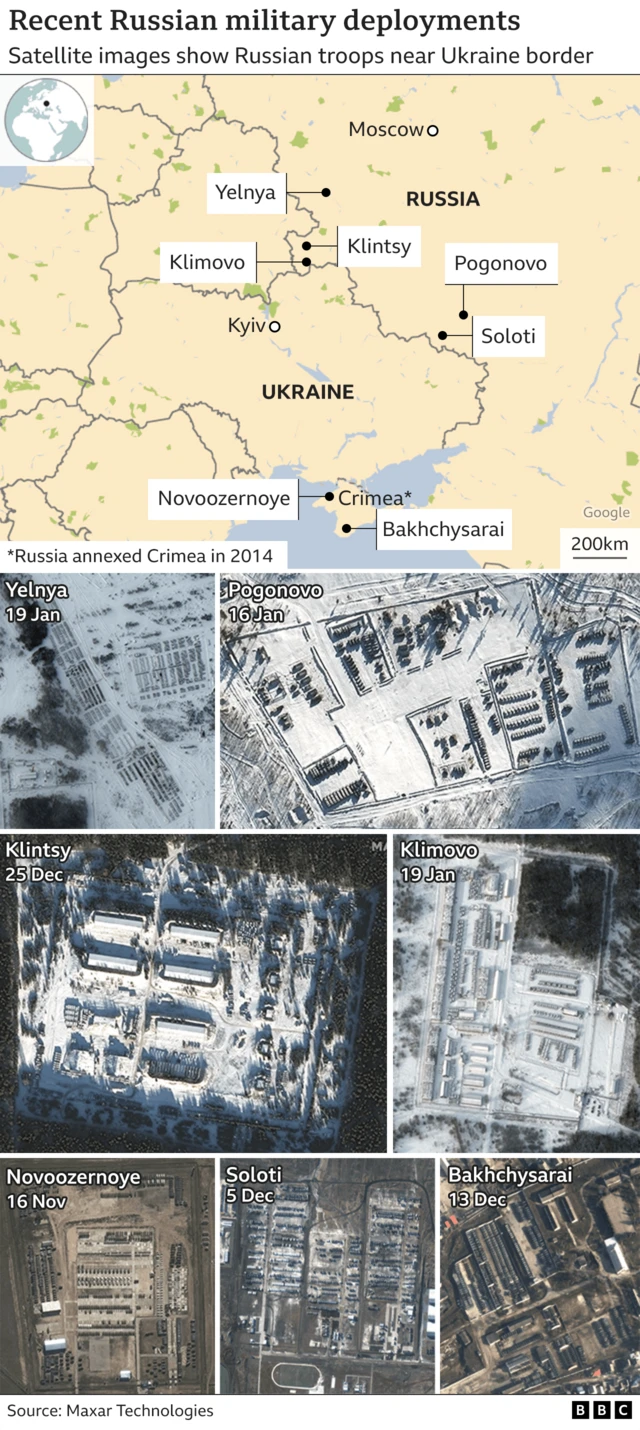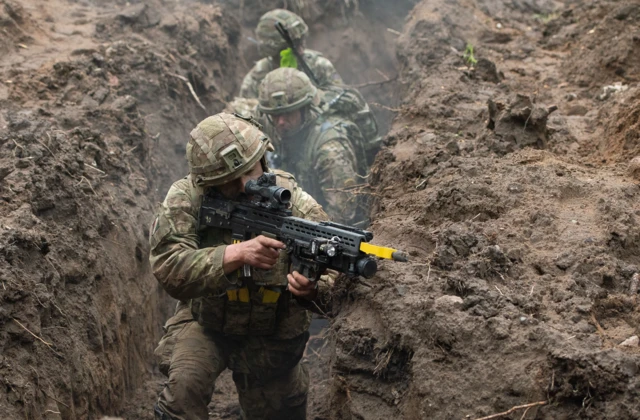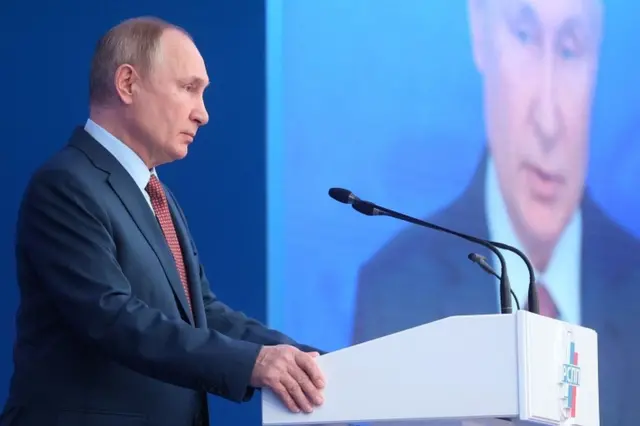We're ending our live Q&Apublished at 16:50 GMT 21 January 2022
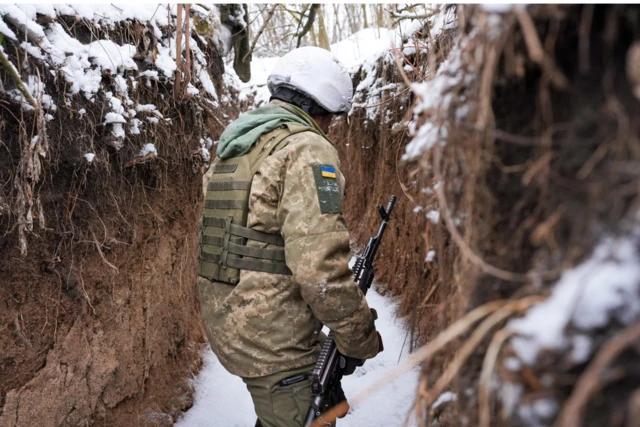 Image source, Anadolu Agency via Getty Images
Image source, Anadolu Agency via Getty ImagesThat's all from us for now on this complex and fast-developing story - thanks for staying with us!
We've tried to answer as many of your questions as possible - huge thanks go to Paul Adams, the BBC's International Affairs Correspondent who has recently returned from reporting in Ukraine, and Steve Rosenberg, our correspondent in Moscow.
You can still get all the latest developments on this and other major news stories - on the BBC News website.
This page was edited by Jasmine Taylor-Coleman and Kevin Ponniah. Our reporting crew were Chris Giles and Yaroslav Lukov.


